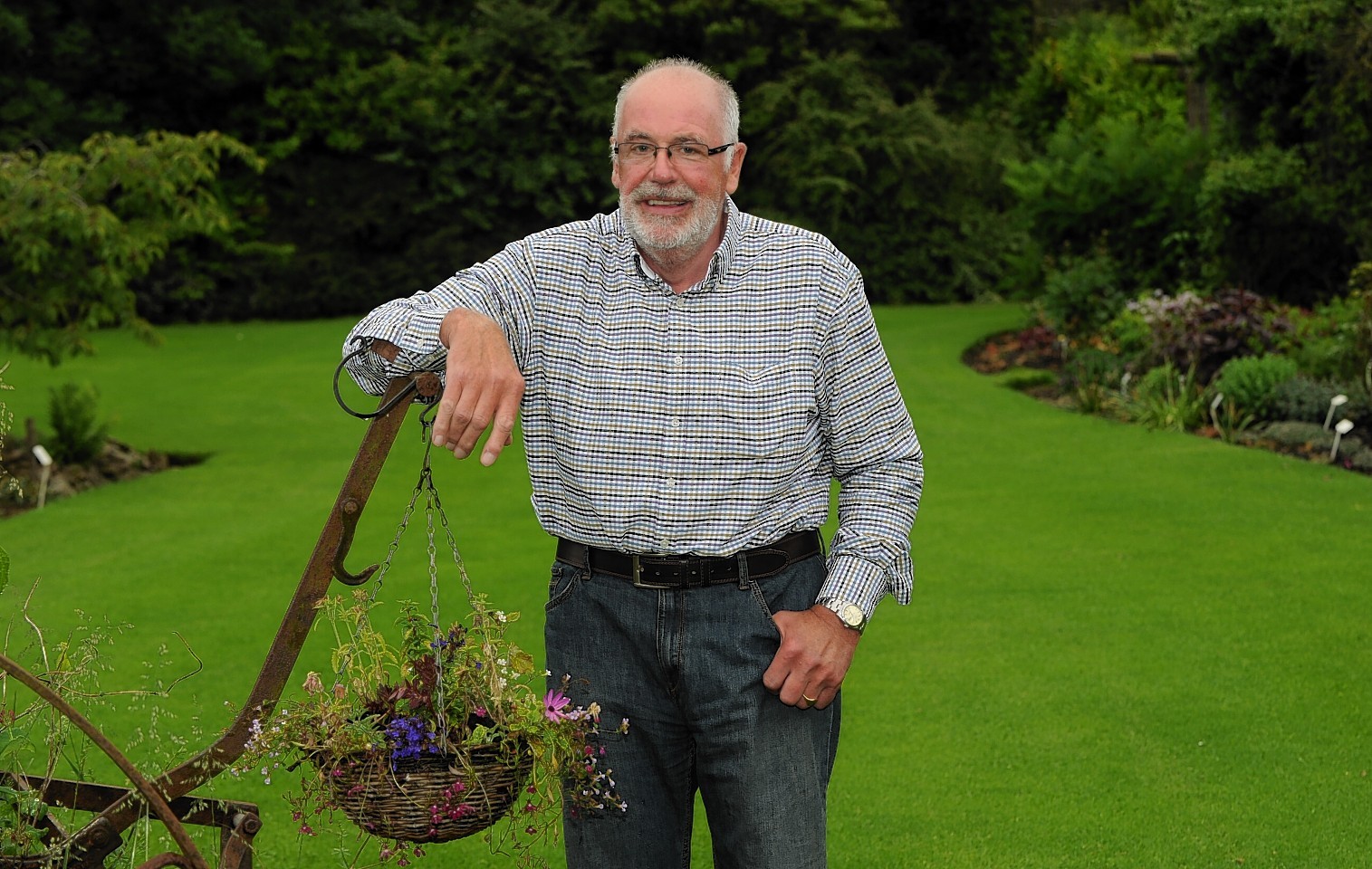Scottish farming stalwart Brian Pack has called for a moratorium on Common Agricultural Policy (Cap) penalties this year.
Giving a presentation in Brussels to the European Parliament’s agricultural committee, Mr Pack called for a more supportive approach to the implementation of the Cap with less reliance on the “fear factor”.
The former chief executive of ANM Group made 61 recommendations for reducing bureaucracy and red tape in agriculture in his Doing Better report last year to the Scottish Government.
His report included a recommendation for the European Commission to create “a more supportive regime that encourages achievement”.
He said: “If the commission fails to adopt this approach, the Cap itself will become a barrier to the development of a more competitive, sustainable agriculture across Europe.
“All those involved in the rural and environment sectors, including the EU, must recognise the objectives, constraints and risks faced by the beneficiaries of EU support to encourage a climate of regulatory trust and transparency.
“Achieving this vision is a pre-requisite to simplification. The opposite is the fear culture we encountered at all levels in our investigation into the administration of the Cap.”
Farmers and land managers are concerned that penalties for errors in the implementation of the Cap are excessive, disproportionate and unfair and can be imposed retrospectively after an inspection by European auditors.
They fear the situation will get worse following the introduction of Cap reforms on January 1 which have introduced even more red tape and are far from the simplified regime promised by the EU.
“Errors are often the problem of process rather than misuse of funds,” said Mr Pack.
The focus should be on improving and simplifying guidance notes, the provision of technical support and a review of the implementing rules delegated to member states.
“The EU is out of step with modern regulatory approaches and the principles and ethos embodied in UK regulators’ codes should be incorporated into EU regulations,” he said.
Member states also had an important role to keep the Cap as simple as possible when making policy choices but the full implications of the choices made were often not known until it was too late for them to be changed. Guidance from the commission often added requirements over and above the original regulations.
“We expect commission guidance to genuinely help with Cap implementation,” said Mr Pack. “Their interpretation of the rules should not gold plate any legal provisions to create additional obligations and burdens.”
The move in Scotland from a historic to an area-based system of support, the introduction of greening, the need for a definition of “active farming” and clarity on what on-the-spot checks actually means, had created a high risk of getting things wrong.
The need to develop new computer models to administer the new Cap was causing problems in Scotland and had already forced England to revert to a paper-based system
Mr Pack made the point that Scotland deserved generous treatment, given that the Scottish Government was doing everything possible to get it right by investing 190million euros (£141million) in an IT system to facilitate the payment of 600million euros (£446million) a year to Scottish farmers in EU support. He called for a moratorium on penalties this year with a higher inspection rate to provide advice to farmers until the new system is properly bedded in.
